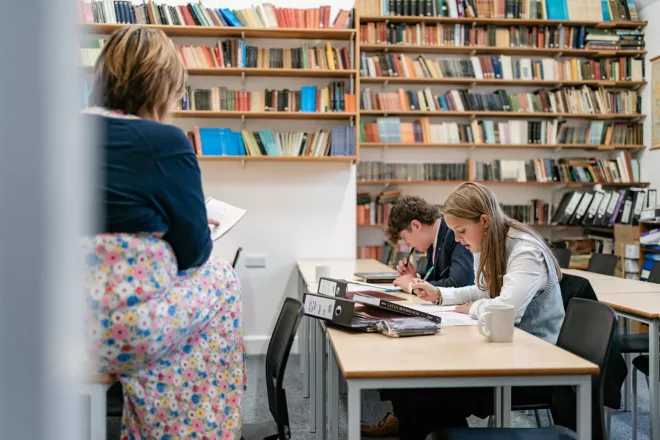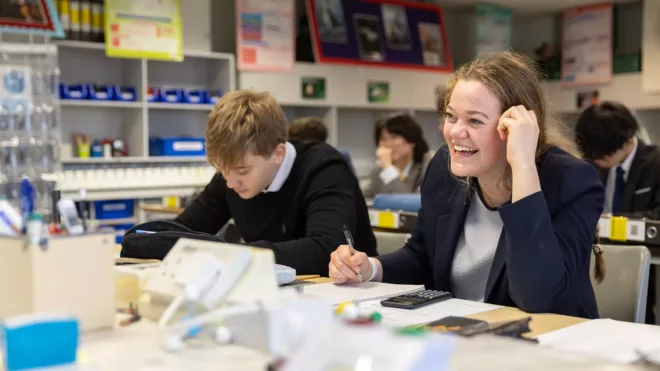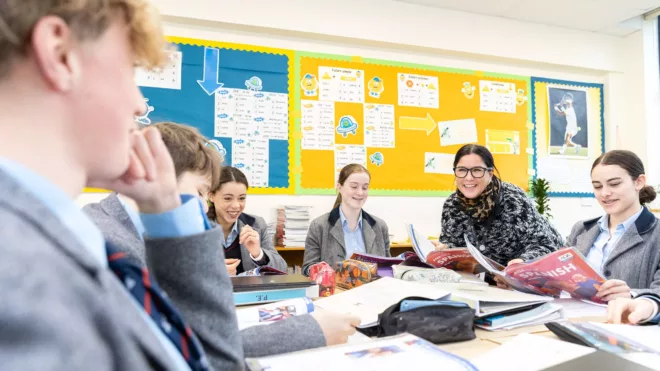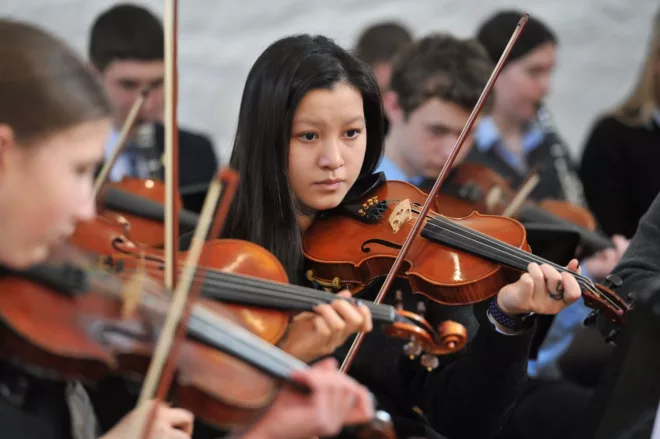History
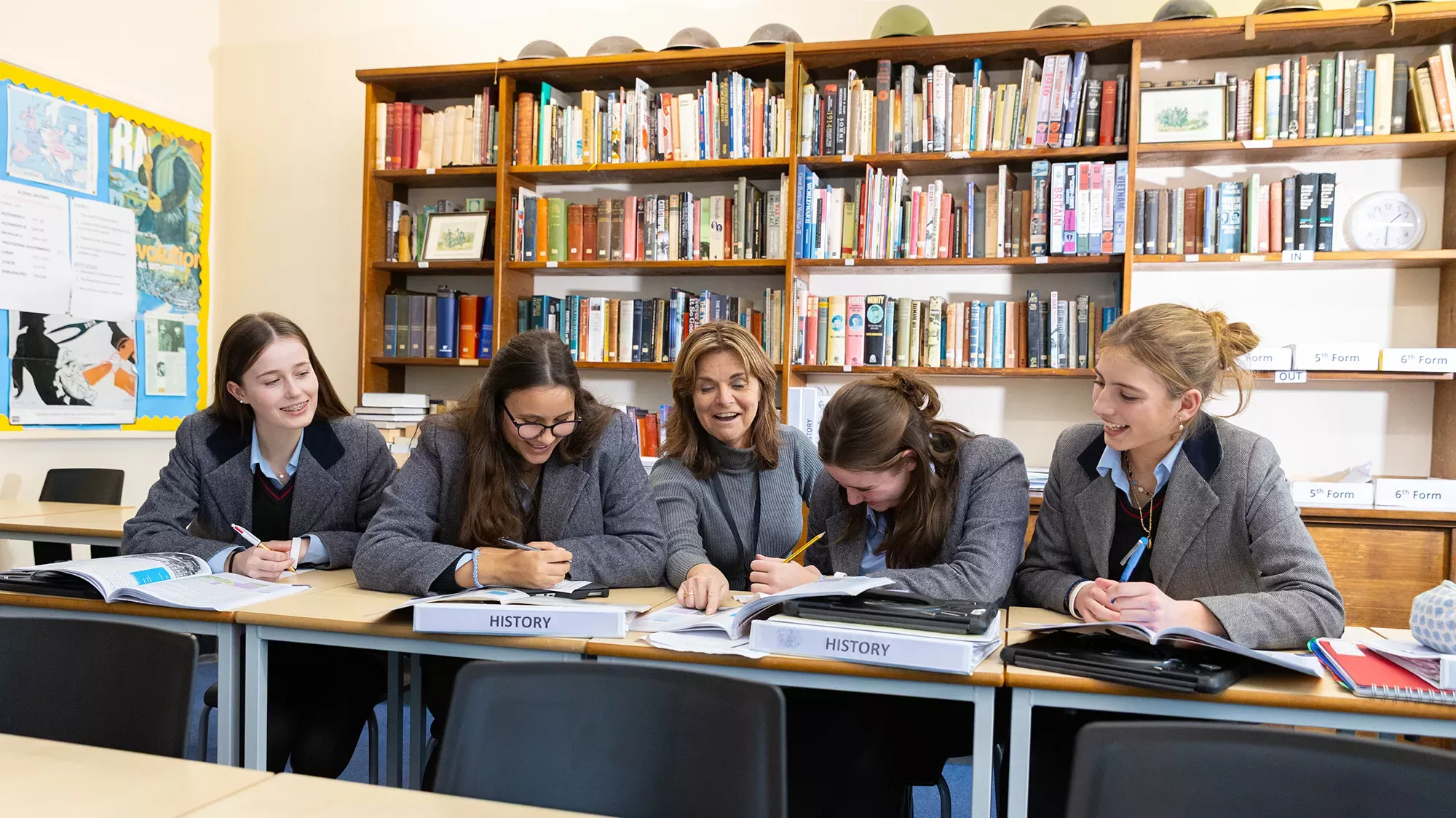
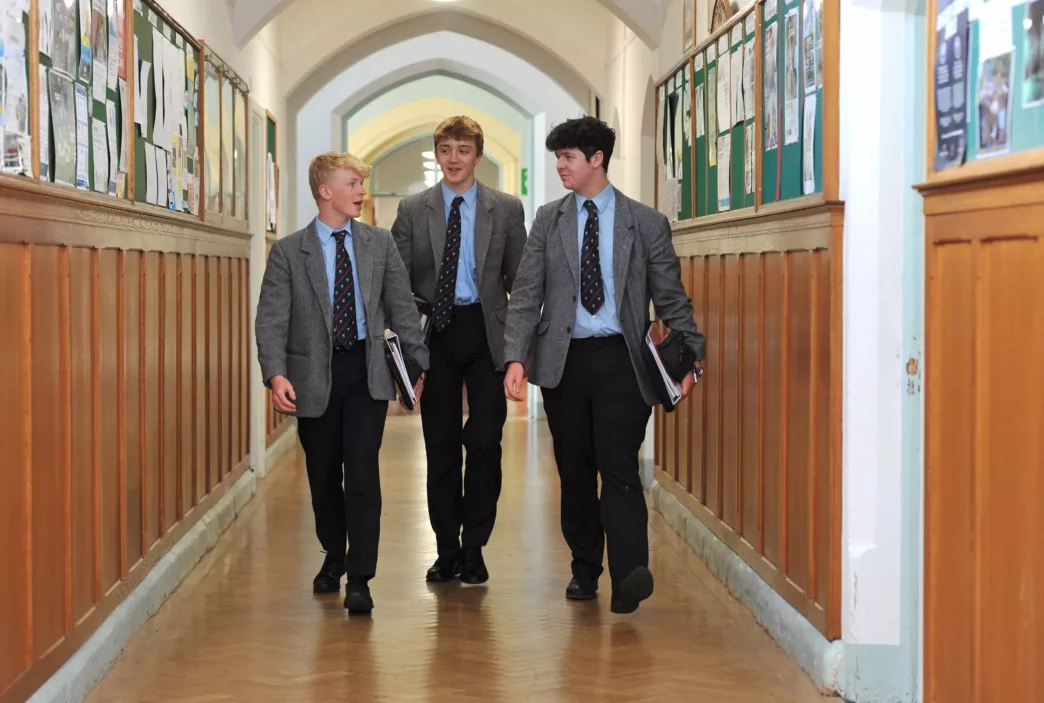
OVERVIEW
Our pupils take a rounded worldview of events in both the Early Modern and Modern periods. We focus not only on British and European experiences, but also on those of Asia, Africa and the Americas.
OUR SYLLABUS
In Year 9, we study ‘Global Issues’, examining themes such as the development of government and economy, military strength, imperialism and religion. Building on previous work, we take a non-Eurocentric approach: for example, completing case studies about West Africa and China.
At GCSE, pupils study British history during the Elizabethan Age and trace the development of health and medicine through time. They also study modern history units on the rise of Nazism in Germany, and the development of the USA.
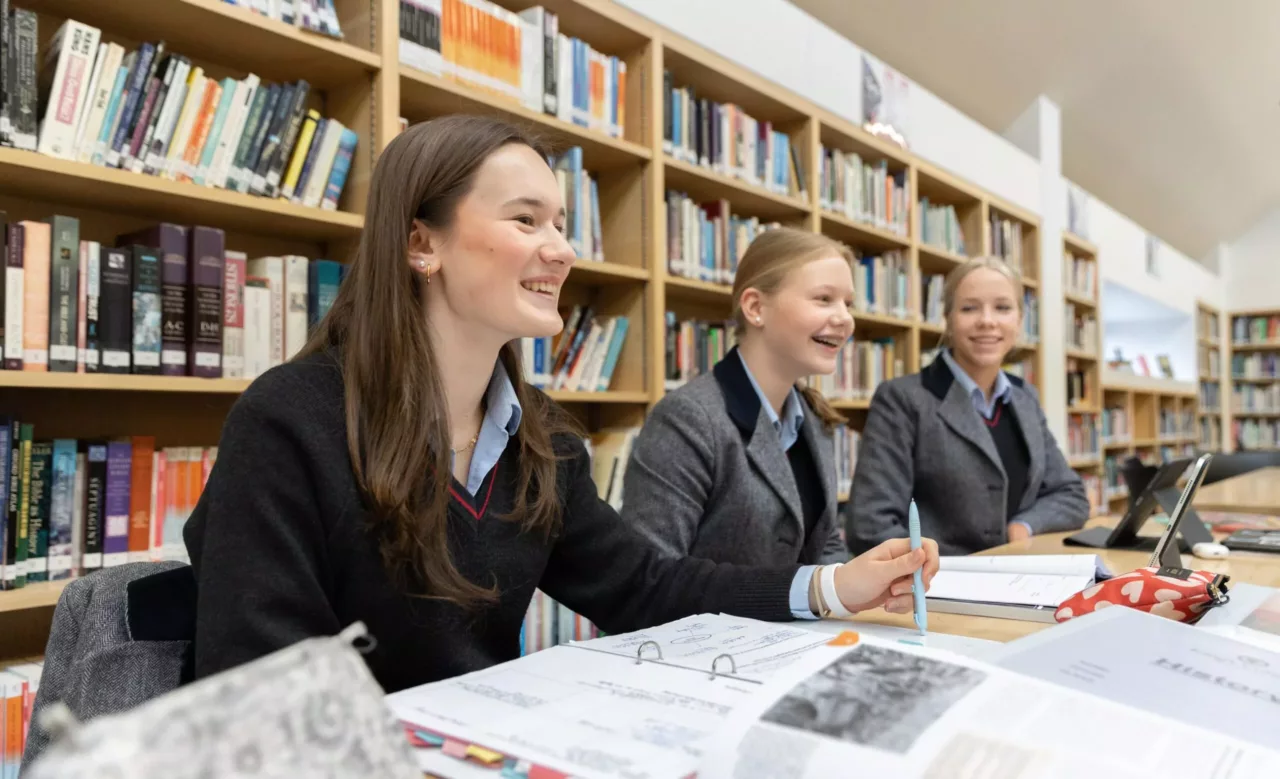
WHY STUDY HISTORY?
As Martin Luther-King, the American minister and civil rights campaigner, once said: “The best prophet of the future is the past.”
Studying history enables pupils to understand how events unfolded and apply that knowledge to their understanding of present-day situations. Through analysing historical sources and documents, pupils develop their knowledge of historical events and their understanding of the consequences over time.
A joint GCSE history and German languages trip to Berlin takes place every two years. This popular trip enables pupils to better understand WW2 tensions as well as the Cold War aftermath.
Closer to home we have a wonderful working relationship with our own school archive as well as with the Somerset Heritage Centre, where pupils undertake their own research.
The Keegan History Society exists to promote discussion and lively debate about a wide range of historical matters. We have welcomed a variety of visiting speakers, including leading historians Sir John Keegan and Richard Holmes. As members of the Historical Association, we regularly attend lectures ranging from the significance of the Munich Putsch to the American War of Independence..
- A better understanding of the present by learning about the key events that have shaped our modern world.
- Critical awareness about the reasons why historical events have taken place.
- Ability to weigh up evidence and reach balanced conclusions.
- Ability to communicate ideas and arguments clearly and effectively.
- Acknowledgement of different viewpoints and the need for tolerance.
- Finding out more about people from all walks of life and their motivations.
